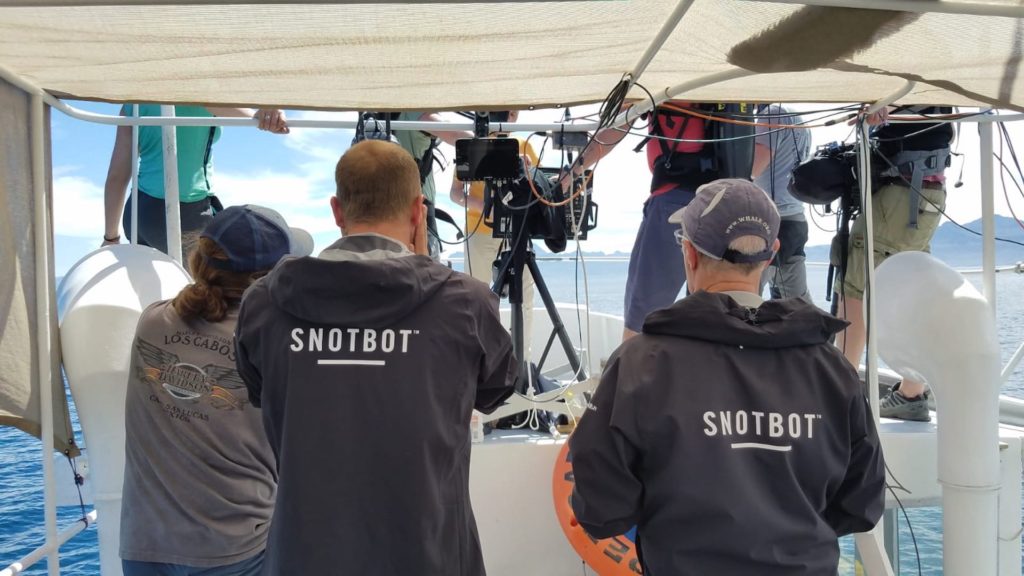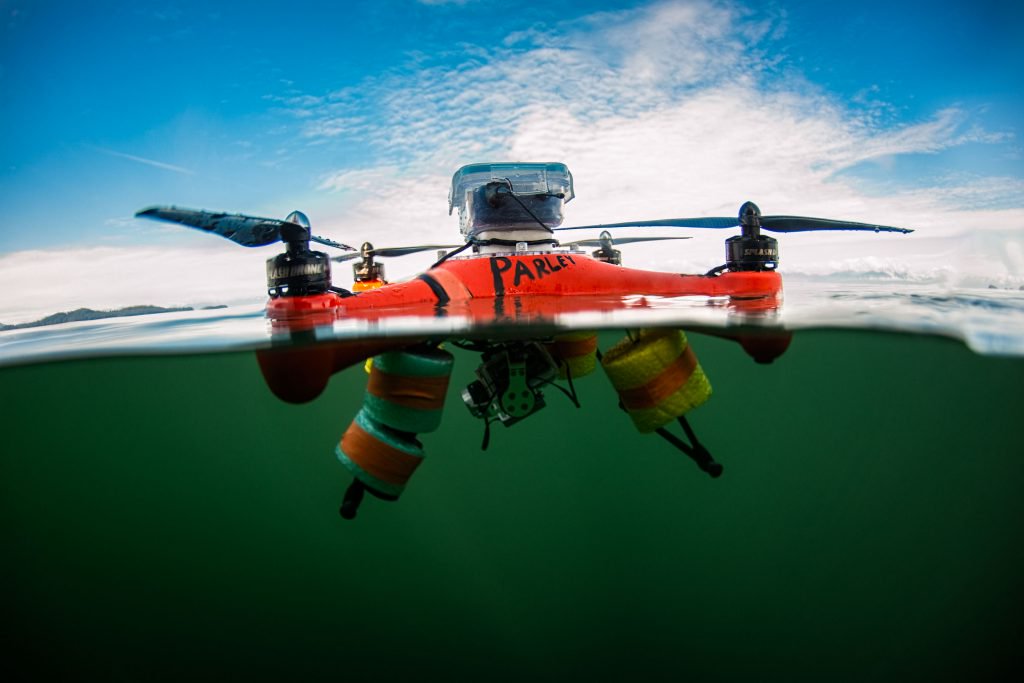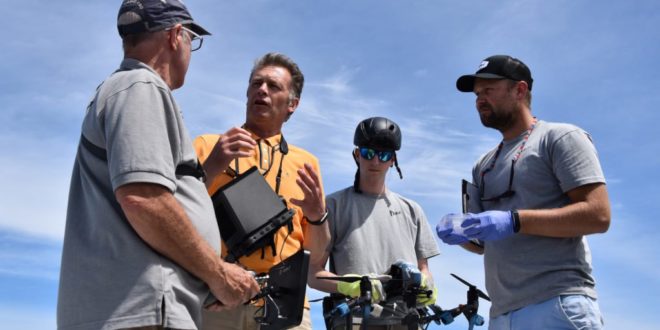The BBC’s Blue Planet series, usually accompanied by the smooth tones of David Attenborough, remains one of the broadcaster’s most popular exports and has been inspiring conservation and awareness of the natural world for years.
So it’s fitting that this year’s series – a special week of live programs celebrating marine life around the globe to exploring the health of our oceans – featured some of the most modern approaches to gathering data at sea.
This weekend’s Blue Planet Live included cameos from the Ocean Alliance team, whose adapted DJI drones have been supporting whale conservation expeditions for a number of years now.
Across two
However, technical issues and a dodgy satellite connection – the team was broadcasting from the Sea of Cortez, Baja, California – meant that wasn’t possible.
Fortunately, the team had gathered plenty of decent footage in previous rehearsals. Ocean Alliance CEO Iain Kerr made it on screen for a few seconds and wrote more extensively about working alongside the BBC in a newsletter sent out this week.
“To give you an on-location perspective of this undertaking, there are 33 people in the BBC Baja team, 3 people in the helicopter team, 3 local small boats and drivers and of course the 3 person SnotBot team… so a grand total 42 people!!! Clearly shooting a live show is far more complicated than a regular documentary,” he wrote.
“For those of you who missed the live SnotBot show, the satellite uplinks were not kind to me. Chris Packham introduced me as one of his

“Andy Rogan (Ocean Alliance Science Manager) had a great segment on the science and data later in the show so we are all good. If you get a chance please watch the show, in the meantime, (spoiler alert) we did find a couple of blue whales on the live day but they were out of the satellite uplink range so no Snot collection live, but they ended the show with a cut to a Snot collection we made during the live rehearsal.”
EarBot Caputres Whale Song Live
If the live broadcasting of a snot capture didn’t quite go to plan, the Ocean Alliance team had greater success recording whale song during the show.

EarBot, a flying, floating drone with underwater microphones, transmitted whale songs live to a watching audience of millions.
Malek Murison is a freelance writer and editor with a passion for tech trends and innovation. He handles product reviews, major releases and keeps an eye on the enthusiast market for DroneLife.
Email Malek
Twitter:@malekmurison
Subscribe to DroneLife here.
https://dronelife.com/2019/04/01/ocean-alliance-snotbot-earbot-drones-bbc-blue-planet/
 Unmanned Aerial Vehicle The latest drone news
Unmanned Aerial Vehicle The latest drone news


